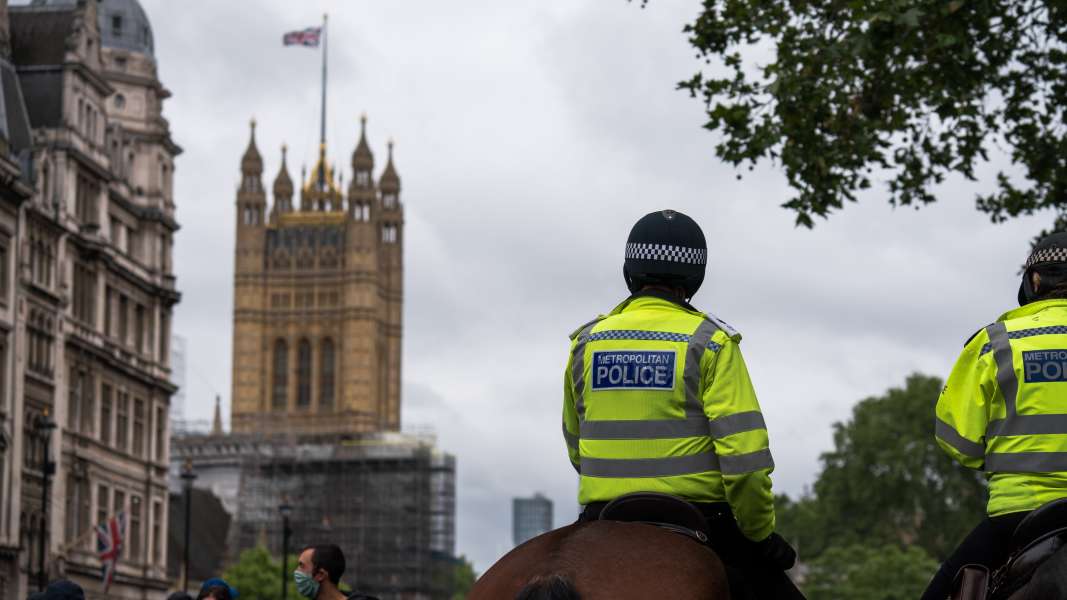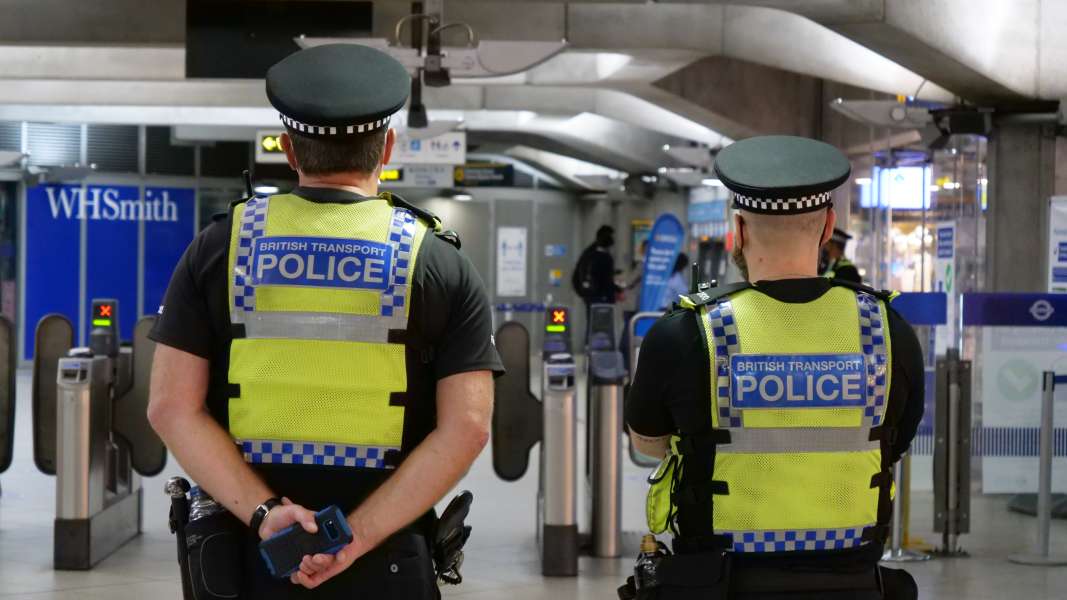What to expect on the test?
As part of the recruitment process for a role in the police, you will be expected to complete several psychometric and aptitude tests, one of which is verbal reasoning.
The verbal reasoning test tends to be structured with questions based on different passages and paragraphs of text. You will be expected to quickly read and understand the written information, and then decide if the question or statement that follows is true, false, or you cannot say.
Verbal reasoning tests are about taking the information that is in front of you and using it to reach a reasoned and logical decision, and there is no previous knowledge needed to answer the questions correctly, in fact making assumptions or using information from outside the text could end up with you getting the answer wrong.
The recruitment team is looking for candidates who can analyze written information for the important points, and have the ability to take in large amounts of written information while staying focused on finding the right answer.
How to prepare for the test?
As a police officer, reading lots of written information and using it to make decisions is a big part of the role. From reading statements from witnesses to the description of a crime from control, picking out the salient details enables an officer to work efficiently.
For the recruitment team, a candidate that has strong verbal reasoning skills is more likely to be able to learn well and quickly on the job and is more likely to be successful in the future.
Although verbal reasoning, like other aptitudes, is based on inherent abilities rather than something that you can ‘learn‘, you can improve your verbal reasoning skills by getting familiar with the type of assessment and getting used to reading a wide variety of material, from different fiction books to newspapers, business journals, and even from online sources.
FAQs
What is the pass mark for a verbal reasoning test?
In a verbal reasoning test, the pass mark is usually decided by the recruitment team, and it can depend on the quality (and quantity) of candidates that are taking the test. It is best practice to work for the highest mark that you can as your score will be compared to other test takers and in some cases even to a norm group of previous test takers.
What happens if you fail the police verbal reasoning test?
If you fail any stage of the police recruitment process, including the police verbal; reasoning test, your application will not be taken further. In some cases, you may be allowed to reapply for the role in the future, but you would have to speak to the recruitment team to find out if that applies to you.
How is the police verbal reasoning test score calculated?
As with other verbal reasoning tests, most Police tests are scored by converting your raw score into a percentile. Your raw score represents the number of answers that were correct on the test, and your percentile compares your score to other test takers.
For example, you might score 62/70 on the test which seems like a great score, but if most people scored 64-66 then you are one of the lowest performers. You should be aiming to be in the 80th percentile (scoring higher than 80% of the test takers) to give you a better chance of being selected to go forward in the process.
Is the police verbal reasoning test accurate?
The police verbal reasoning test is based on the scientific research of organizational psychologists. This research demonstrates that candidates who score well on this type of test generally learn well and have more success in employment, which is why verbal reasoning and other psychometric tests are well used in most industries.
Police verbal reasoning test tips
Read as much as you can
Verbal reasoning is easier when you can read, understand and analyze written information quickly - and you will find your skill will improve the more you use it.
Try to read widely from different sources, and focus on things that are written in formal or business language.
As you read, make sure that you are thinking critically about the argument, who the author is, and what credibility they have when they are making statements so that you are always reaching reasoned and logical decisions.
Practice solving puzzles and brain teasers
Getting your brain working doesn‘t have to be boring, and several brain-training games and puzzles get those juices flowing.
You can play games online or on your smartphone or even think about taking on a newspaper crossword puzzle or two.
Stay calm and focused
Facing any type of assessment can be tricky, but keeping calm will help you to focus on what you are being asked to do. Although the Police verbal reasoning test is likely to be timed, don‘t rush through in case you miss an important detail.
Read the questions carefully
Some people prefer to read the passage before looking at the question, while others read the question and then actively look for the answer in the text.
Both methods are just as valid, but make sure that you are taking the time to read both the passage and the question carefully so that you are not making any silly mistakes.
Don‘t make assumptions
The Police verbal reasoning test does not assume any previous knowledge, and you should refrain from answering the question using any assumptions or something that you think you already know. All the information you need to answer the question is provided in the text, so even if you know the sky is blue, for example, if the passage is describing the sky as green then that should be considered truth.
Practice
Practice tests are a vital component of your preparations. Not only will they help you get familiar with the test layout and how best to answer, but they can also highlight any areas where you might need some more practice.
Don‘t just take one test, either - look for different tests to get a good idea of what to expect, and compare your results to see how you are improving.



